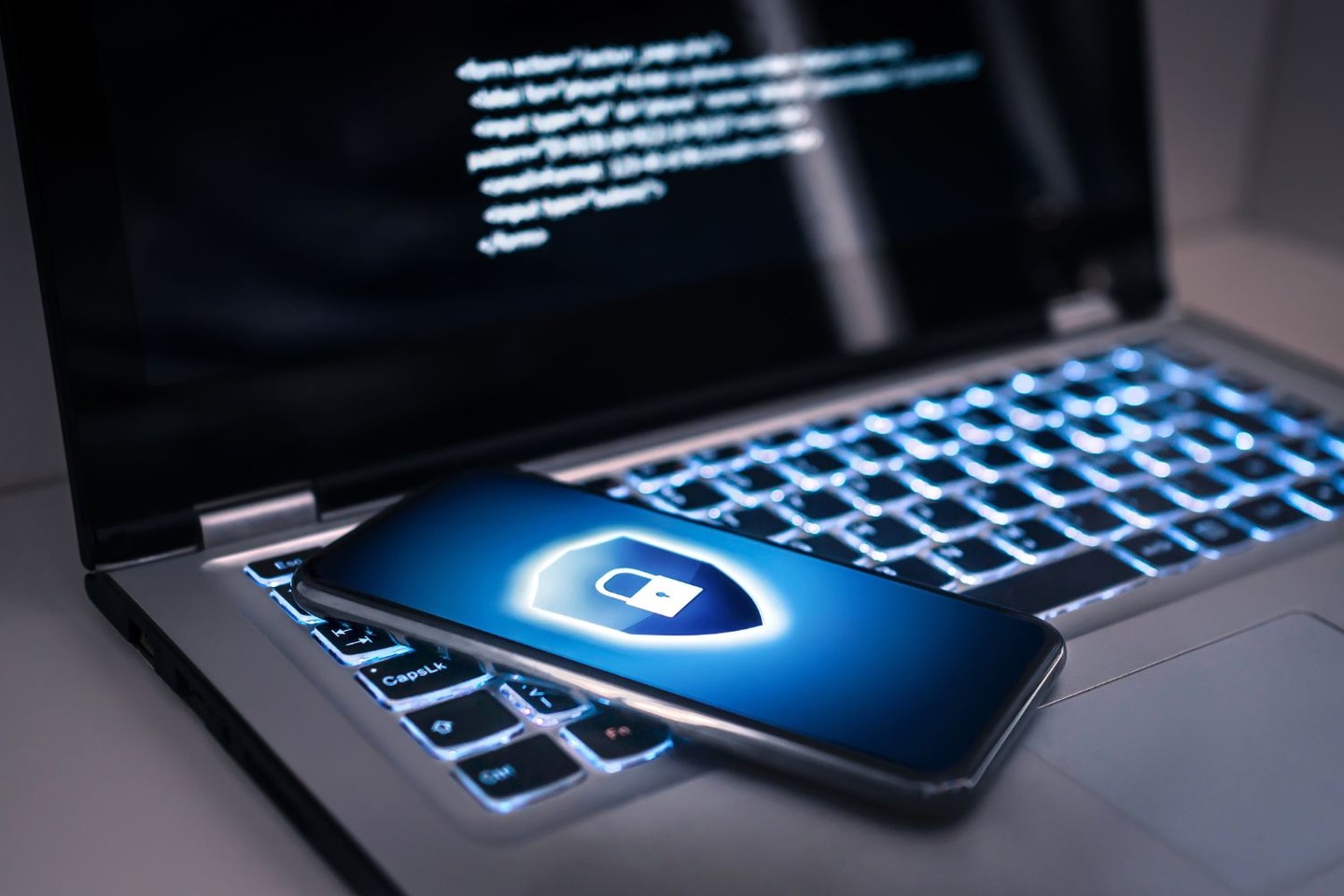Is your identity safe?
ClearScore Protect is a free service that informs you when your personal information is at risk.
10 Tips to prevent identity fraud
While there’s no surefire way to prevent your personal information from being stolen, there are a number of steps you can take to reduce the risk. We consider these action points.

Is your identity safe?
ClearScore Protect is a free service that informs you when your personal information is at risk.
Since identity fraud increased by 44% between 2019 to 2021, it’s not difficult to imagine that South Africans remain at risk of having their personal details stolen. This is according to the FICO Consumer Fraud Survey, which also found that 17% of those who had been surveyed had already been victims of accounts fraud.
There are many types of identity crime, such as the physical theft of documents and scams that are handled over phone calls, texts, and emails. Once a criminal has their hands on your personal information, they can steal money from your bank accounts, open credit accounts in your name, and even fraudulently access your insurance files.
While you can’t absolutely prevent your personal information from being stolen, there are a number of steps you can take to minimise your risk. We suggest the following:
- Avoid giving out any personal information to people you don’t know – especially if someone phones you unexpectedly. If you’re in doubt, hang up and phone the company they claim to be from using the details on their website.
- Don’t click on any links or attachments in emails where you’re unsure of the source. Be extra careful about clicking on any links that ask you to update information, such as your password.
- Enable two-factor authentication (2FA) on accounts that hold sensitive information. This will add an extra layer of security to your accounts by asking you to enter a one-time code when you want to log in, alongside your password. You can set this up for your ClearScore account by following this link and selecting “enable” under two-factor authentication.
- Secure your postbox. Criminals might try to intercept credit cards or obtain bank statements or other documents containing your personal information by checking your mail.
- Restrict your privacy settings on your social media accounts – the more private, the better. Try not to share your personal details online, such as your date of birth, address, and contact details. Remember, this information can be used by fraudsters to piece together your identity.
- Protect your devices by using strong passwords. Make them complex by using multiple words, special characters, numbers, and capitals. (For example, Th!s*is^HARD2br3ak!) Don't use the same password for every account, and never share them with anyone. If you struggle to remember multiple passwords, use a free password manager to store and recall them for you. For more advice on this, read our article on how to create a strong password.
- Install anti-virus software on your laptop and any other personal devices. Don’t forget to keep the software up to date so that it performs at maximum capacity.
- Avoid using public Wi-Fi. It’s much easier for fraudsters to hack or mimic them. If you have no choice but to use it, we encourage you not to access sensitive apps, such as mobile banking.
- Keep your operating system and apps updated at all times. Businesses often add enhanced security features with every update, so you know you’re getting the best version.
- Don’t ignore suspicious emails or texts. Rather than clicking on anything or replying, get in touch with the company or person the message claims to be from directly, using the contact details on their website.
Checking your credit report is an easy way to spot signs of identity theft. Make sure you give it a thorough check each month and, if you see any accounts or credit enquiries you don’t recognise, let Experian (our partner credit reporting body) know immediately.
You can monitor your credit report for free on ClearScore as often as you’d like. You will be able to see which accounts are open in your name, whether you missed any payments, and much more.
Firstly, act fast if you think you’re a victim of identity fraud. Start by contacting your bank and any other relevant institutions that may have been impacted, such as your cellphone service provider.
The South African Fraud Prevention Service (SAFPS) is a non-profit organisation that aims to combat fraud and raise awareness about it. You can call them on their “report fraud hotline” (011 867 2234), and they may be able to place a Protective Legislation on your credit report – informing prospective lenders that you’re currently a victim of fraud.
In order to protect yourself in future, you can also join ClearScore Protect. This is a free service that will notify you if any of your personal information has been compromised.
Stephen Smyth has worked in financial services since 1999, specialising in consumer credit. He has worked in banks and consumer credit companies in the United Kingdom, France, Spain, India, South Africa and has lived in Australia since 2013. He believes that people around the world can benefit from services liked ClearScore to make finances clearer, easier to understand and to find better deals to save money.
